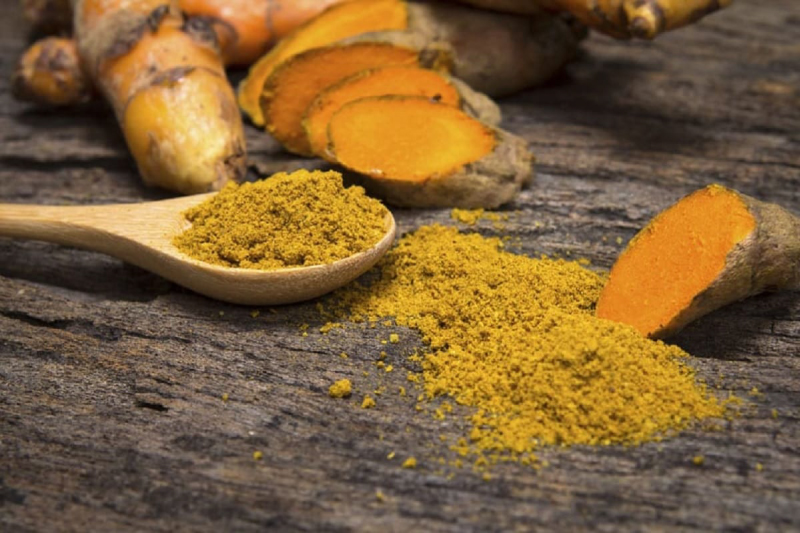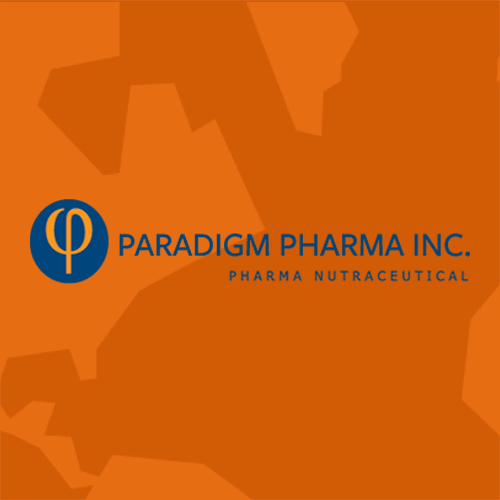
How do you manage your muscle & joint pain?
Any serious pain, muscle or joint or nerve, must be investigated in consultation with the physician. The treatments are as diverse as the causes.
Muscle and joint aches which are mild and do not have any serious underlying conditions are usually treated with over-the-counter drugs, including topical analgesic creams, lotions, and patches applied to the skin to relieve pain and inflammation.
A number of supplements are also marketed today, primarily for the treatment of arthritis, but none have conclusive clinical evidence. But researchers believe that a number of supplements, a natural alternative to NSAIDs, can help prevent chronic inflammation, which contributes to painful conditions. Turmeric, a root common in many Asian cuisines, is one of them, and it has been well studied scientifically for its anti-inflammatory properties and is gaining widespread recognition in the treatment of arthritis. Fish oil (DHA and EPA constituents) has also been proven to reduce inflammation. Vitamin D is also recommended, as lack of it is associated with increased chronic pain.
Glucosamine and chondroitin--part of cartilage, which acts as a cushion in bone joint are synthetically made, alone or in combination, in tablets, capsules and solutions for the treatment of joint pain or to slow the wear and tear of the cartilage. Glucosamine is generally made from shell fish, and chondroitin from shark and bovine cartilage. These supplements, easily absorbed in the body, are in wide use worldwide. But these supplements have not demonstrated any clinical efficacy in a number of studies; anecdotally, one may encounter as many people who swear by it as those who have found no benefit from taking them.







